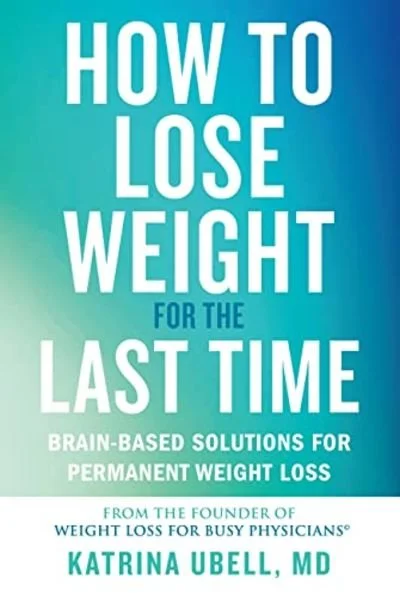When I first heard the phrase “emotional eater,” I thought it didn’t apply to me… But when a nutritionist I consulted advised me to read a book about emotional eating, it finally sank in: “emotional eating” doesn’t necessarily mean drowning your out-of-control emotions with food—it means eating food for any reason other than to provide fuel for your body. Thinking back over the countless times I had eaten when I wasn’t hungry, I immediately pivoted in my opinion. That day, I admitted to myself that indeed I was an emotional eater. And over time, I’ve come to find that almost every other human is too.
Let me be clear about that: anyone who eats for any reason other than physical hunger is an emotional eater, which includes the majority of people reading this book.
We’re so used to eating when we’re not hungry that we don’t even realize we’re doing it. It just seems normal.. If we strictly ate as we’re designed to do—enough food to fuel our bodies and no more—none of us would have a weight problem, except in rare cases when something is medically wrong. But because our brains reward us with a dopamine boost, eating is designed to make us feel good, and there begins the issue.
There are plenty of other ways to get a dopamine boost, like fresh air, exercise, talking to a friend, relaxing with a good book … but food is one of the simplest, most accessible, and most socially acceptable ways we have.
